The content of the article
If you need to choose a vegetable from which you can cook a lot of healthy and tasty dishes, then you should pay attention to the pumpkin. Not only well-known cereals are made from it, but also juices, desserts, jams, pies, soups, salads, pickled, fried and simply consumed raw. Pumpkin has different varieties, which will depend on the taste of the prepared dish, composition, value for the body.
Useful properties of pumpkin
How the product will be useful to the future mother can be determined by the composition. It may vary slightly depending on the variety of pumpkin, growing conditions, but in general it contains the following compounds important for the human body:
- Vitamins. most of the B vitamins, including riboflavin, folic acid (B9), thiamine and others. Additionally, there are vitamin C, A, E, PP, K, T in the pumpkin - rare, but.
- Minerals. Pumpkin is considered one of the leaders of macro and microelements. A sufficient amount of vegetable contains: potassium, magnesium, calcium, sulfur, phosphorus, iron, iodine, fluorine, copper, manganese, zinc.
- Dietary fiber, proteins, pectin, organic acids, starch, ash, carotene.
Pumpkin has a relatively low calorie content, which allows it to be attributed to a dietary product. Each part of the fruit, namely the pulp, peel, seeds, contains a different number of compounds. Therefore, it is of great importance not only how a vegetable is cooked, but also what parts are used in the preparation of the dish.
What is the use of pumpkin during pregnancy
For future mothers pumpkin can be a useful addition to the diet, and it is used in any form. The best option is fresh pulp, fresh juice. Even heat-treated fruits in the least, but still have a positive effect on the body.
A pumpkin during pregnancy may exhibit the following beneficial properties:
- Prevention of anemia. Hemoglobin jumps are often observed in expectant mothers, and a sufficient content of iron, folic acid and other compounds helps to normalize this indicator.
- Stimulation of intestinal motility, prevention of constipation.Intestinal dysfunctions in women carrying a baby are common. With regular use of pumpkin with this problem you can cope.
- Diuretic effect. It is expressed moderately, but allows you to promptly remove from the body fluid, to prevent puffiness. Together with the liquid, the body partially gets rid of harmful substances, toxins, salts.
- Maintaining the normal development of the skeletal system, the musculoskeletal system in the baby due to a complex of trace elements.
- Improvement of metabolic processes, which increases the functionality of all internal organs.
- Low calorie content and at the same time value in relation to vitamins, macro and microelements, as well as other equally useful compounds, allows a woman to control her weight without compromising her health.
- Reduction of cholesterol accumulation, normalization of pressure, blood clotting.
- Prevention of fetal hypoxia, which implies an adequate supply of oxygen to the cells.
- Easy soothing effect, with constant use gets better sleep.
- Reducing signs of toxicosis, including nausea, loss of appetite.
- Maintaining the level of vision, skin, hair, teeth.This is achieved to some extent due to the presence of vitamin A and other important natural compounds.
- For cosmetic purposes. During pregnancy, problems with skin and hair may appear, and the external use of pumpkin pulp successfully fights with a number of dermatological disorders.
In order to use pumpkin to be really useful for mother and future baby, it is necessary to exclude contraindications, take into account the rules of selection and preparation of the fruits of the plant.
Pumpkin harm during pregnancy
Any product from the useful can become harmful if it is consumed from above the measure. For pumpkin, it is also better to observe the amount, eat not more than 0.5 kg of pulp per day or drink no more than 250 ml of natural juice. In most cases, even with increasing doses, no negative reactions occur, but it is better to be safe in pregnancy.
Despite the exceptional usefulness of a pumpkin, there are some conditions under which it can harm health:
- Individual intolerance, allergy to the elements included in the composition.
- Diseases of the gastrointestinal tract, especially in pathological intestinal dysfunctions, ulcers, gastritis.
- Diabetes.
If serious diseases of a chronic or acute type are diagnosed, the possibility of consuming pumpkin products should be agreed with the doctor.
How to eat a pumpkin for use
To pumpkin in the diet became only a useful product, in its preparation and subsequent use, you must follow certain rules. They include the following conditions:
- Despite the possibility of storing pumpkin for several years, you need to choose fresh fruit for food. It is advisable to purchase fruits from trusted suppliers, and it is better to take from friends or grow independently.
- Before cooking, the pumpkin can be soaked in water for a while, rinsed in the skin with boiling water if it is supposed to be used for food (sometimes this is relevant, since it is concentrated in it a lot of useful microelements).
- You need to start with a teaspoon to prevent allergic reactions of the body, digestive disorders. It is recommended for all pregnant women, even if previously there was no individual intolerance to the product. In the absence of unpleasant consequences, the pumpkin can be included in the daily diet, but observing the recommended daily dose (not more than 0.5 kg per day of pulp and 200 ml of undiluted juice).
- For maximum benefit, it is better to refuse long-term heat treatment. A great option - fresh meat, steamed, boiled. Dishes with an abundance of oil, for example, fried vegetables, can adversely affect the functions of the gastrointestinal tract and the body as a whole.
- Industrial juices, mashed potatoes, cereals are less valuable than similar products made at home from fresh vegetables.
Compliance with simple rules will help complement the menu with a useful and tasty product that can be used in the preparation of a variety of foods. Pumpkin goes well with meat dishes, other vegetables and can be used as a separate dish.
In addition to the pulp, oil is particularly popular. It is made by squeezing seeds, the composition is considered more valuable, since all substances are concentrated in it to a greater degree. Enough daily to take a teaspoon of oil, and this will be enough to maintain the body during pregnancy.
A pumpkin during pregnancy can be a useful treat, providing the body with essential vitamins and other compoundsnecessary for the normal well-being of women and the development of the future baby.
Video: the benefits and harm of pumpkin for the body

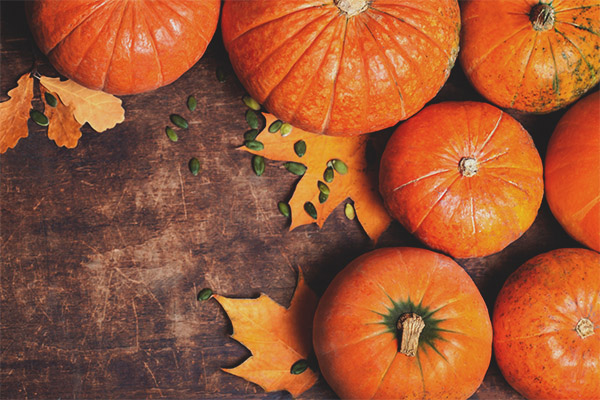
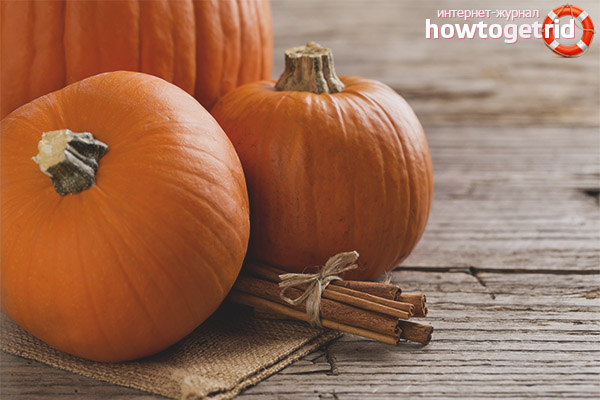

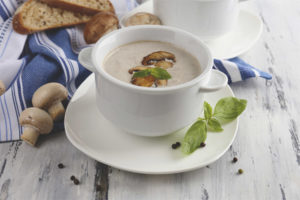
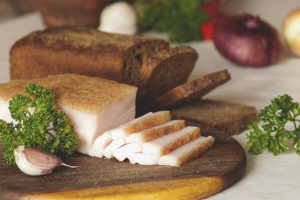
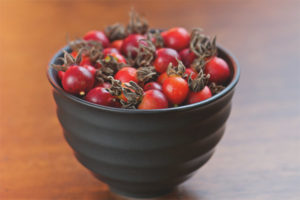
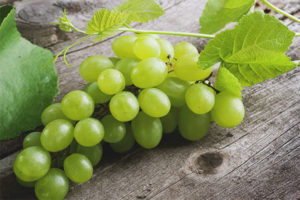
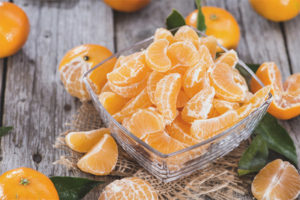
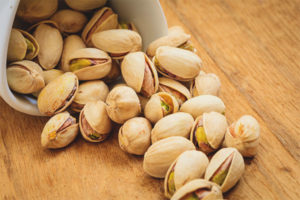
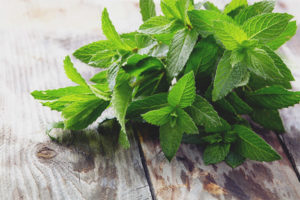

To send